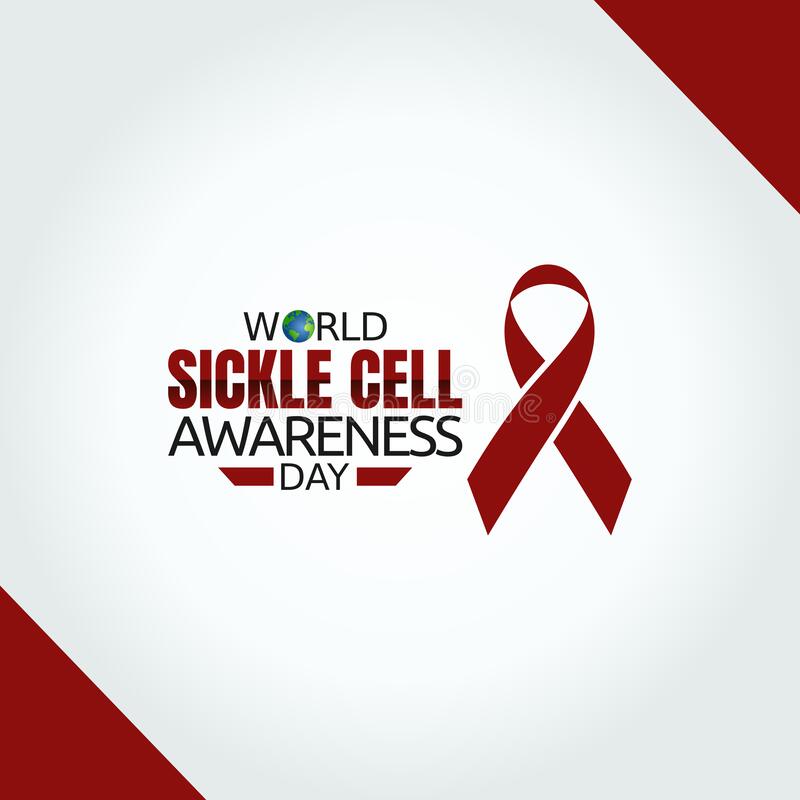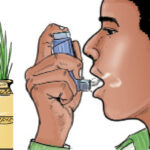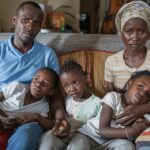Since 2008, the United Nations has designated June 19 as the World Sickle Cell Day. In Nigeria, this day has an extra significance because the country is considered the epicentre of the World Sickle Cell Diseases (SCD). Studies claim that 90 per cent of SCD cases are spread between Nigeria, India and the Democratic Republic of Congo, with Nigeria taking the lion share.
The theme for this year’s commemoration is “Lift every voice to shine the light on SCD” was chosen to promote awareness about the disease, it’s causes, the challenges for people living with it. Events by various Sickle Cell Foundations and relevant MDAs drove this theme and spread the message.
- NIGERIA DAILY: The Real Story Behind Ekweremadu’s Arrest In London
- We value Nigeria’s democracy, security because of its regional importance—Nuland
SCD is not an infectious disease, as it is a genetic disorder arising from an individual having recessive genes that causes the red blood cells to be sickle or C-shaped instead of round.
SCD occurs when both parents have the sickle cell trait, or the AS or SS genes resulting in a child with the SS gene.
Every year, data shows that about 100, 000 to 150,000 children are born with the SS gene in the country, which is no less than 33 per cent of the number worldwide. That is an unacceptably high number especially since these occurrences can be avoided by a simple, affordable pre-natal test, especially as one in four Nigerians is a carrier of the sickle cell gene.
About 50%-90% of children born with SCD in low-and low-middle-income countries of sub-Saharan Africa die before their fifth birthday. It accounts for 20% of neonatal mortality and 5% of mortality of under-5 children in the African continent, according to the journal of Pan African Medical Journal.
About four to six million Nigerians live with SCD, requiring lifelong management, long and regular hospital stays and expensive treatment.
While recent technological and medical advances have meant that a new treatment method, Bone Marrow Transplant (BMT), can permanently cure patients of the disease, it is prohibitively expensive, reliant on finding a matching donor and not even available in Nigeria. Yet the few who have been lucky to have had this treatment will still require medical attention to manage the complications that have already developed from SCD.
Every year, thousands of Nigerians die from SCD after a lifelong battle of pain and hospital stays. It is an unfortunately high number that leaves family both impoverished, and emotionally drained.
While SCD is not infectious and is therefore not given the urgent attention it fully deserves, it is transmitted from parents to child, if both parents are carriers of the sickle cell traits, meaning that both parents have the AS or SS trait that could result in children being born with the SS trait.
The simple solution to this is an inexpensive, easy-to-get pre-natal genotype testing. This identifies parents with the S traits that could result in the SS combination in their children. Such potential parents could separate, dive into the other available genotype pool to pursue their dreams of having healthy children. While this is often a painful emotional sacrifice, it is absolutely necessary to save both parents and child or children from a lifelong agony, pain and guilt.
While religious and legal institutions have in recent years been demanding genotype test results from prospective couples to be married within the institutions, there is an even greater need for this requirement to be backed by the law, made mandatory and enforced.
In 2019, the Anambra State legislature made it mandatory for prospective couples to provide genotype test results before they are married. This is a step that other states need to take. While institutions with powers to conduct marriages must be more stringent in enforcing this requirement, individuals keen on procreating must be responsible and ensure that they and their partners are not both carriers of the SS trait.
While awareness have been created in the past to get more people to take these tests before partnering up, it is even more imperative now to spread awareness about SCD and ways to avoid it. This task falls on MDAs, experts, non-profits and the media.
Authorities must also invest in health developing facilities and medical competencies that would make bone marrow transplant possible in the country and affordable for a majority of the victims. At the same time, expensive drugs like hydroxyurea that is immensely useful in managing the complications of the disease should be made more affordable and accessible.
Government and donors need to invest in research institutes to channel their research into finding local remedies that would help the millions of SCD survivors in the country. Collaborations with international partners should be encouraged to give this research the best chances of succeeding in finding ways to alleviate the suffering of patients.
On their part, Nigerians can contribute to this fight by donating blood as those suffering from SCD constantly need blood transfusion.
At this crucial juncture, people suffering from SCD, prospective parents, religious and cultural institutions, MDAs and non-profits must all pull in the same direction to ensure that the birth of children with SCD is eradicated.

 Join Daily Trust WhatsApp Community For Quick Access To News and Happenings Around You.
Join Daily Trust WhatsApp Community For Quick Access To News and Happenings Around You.

